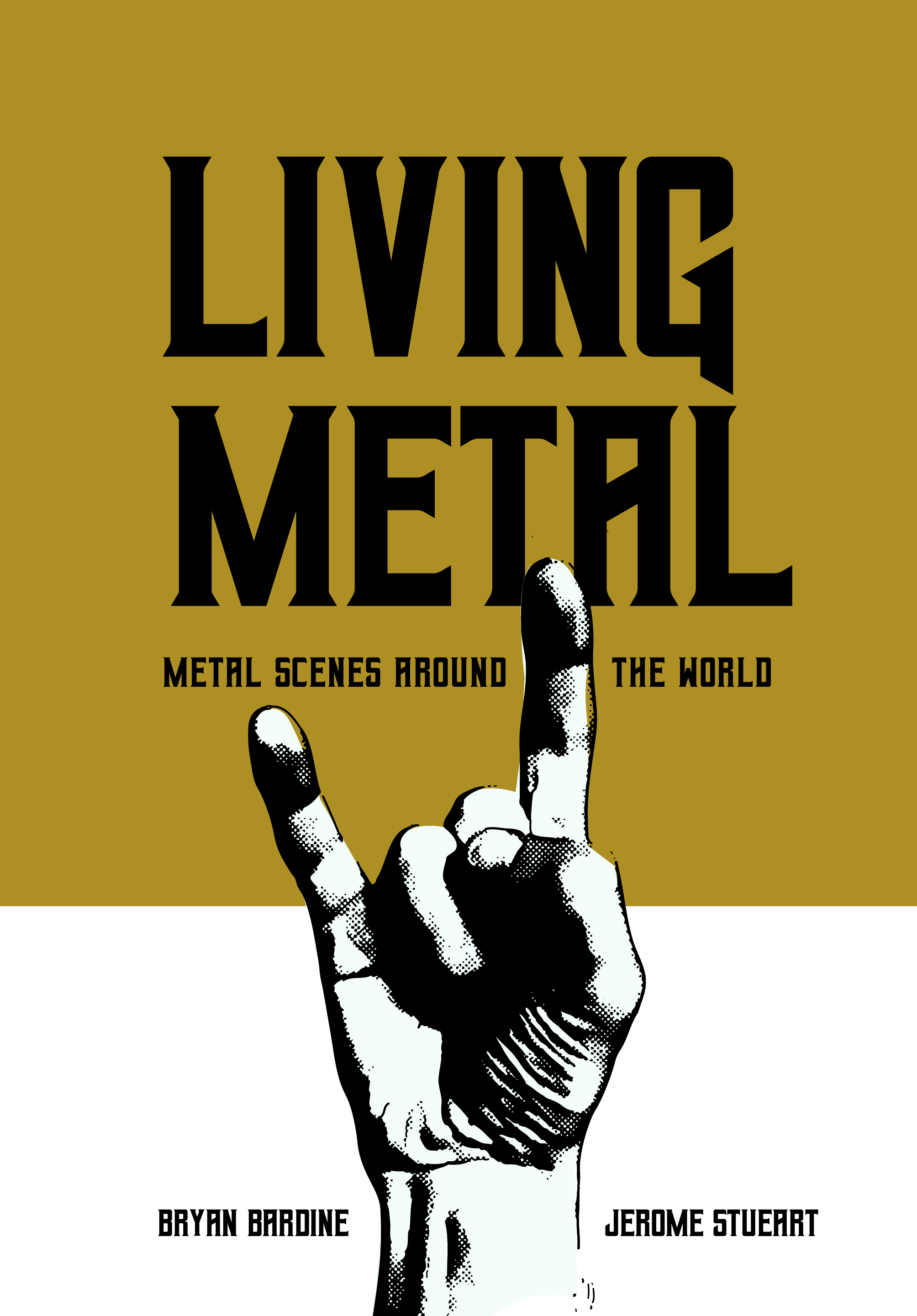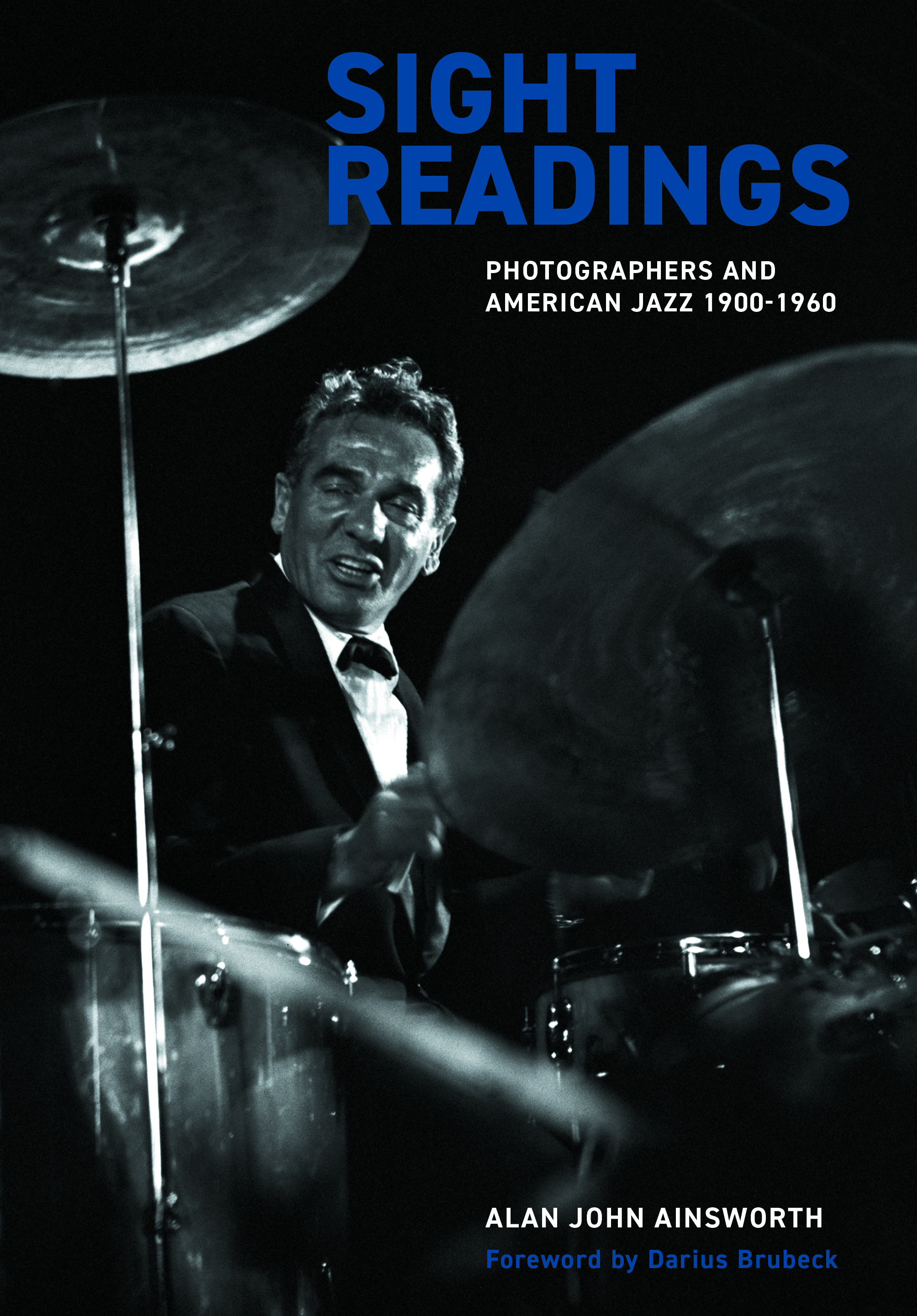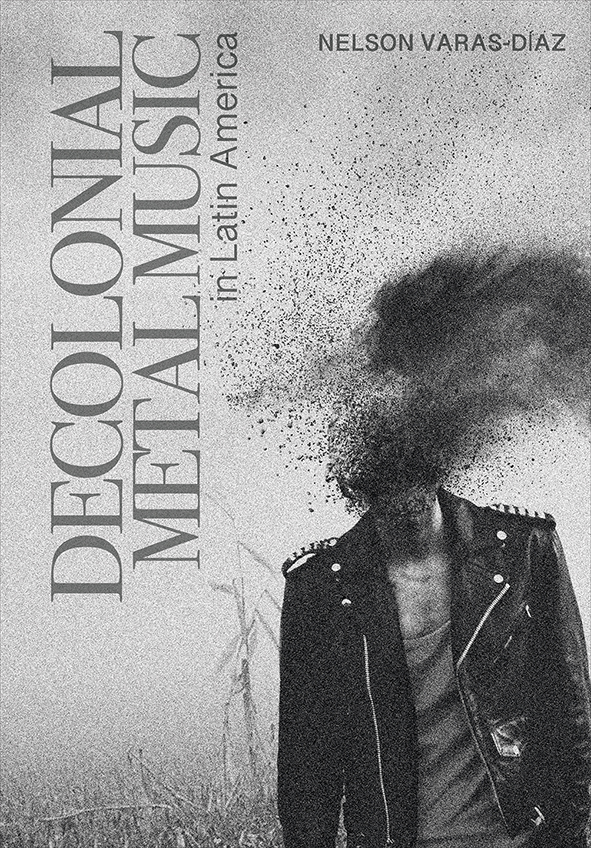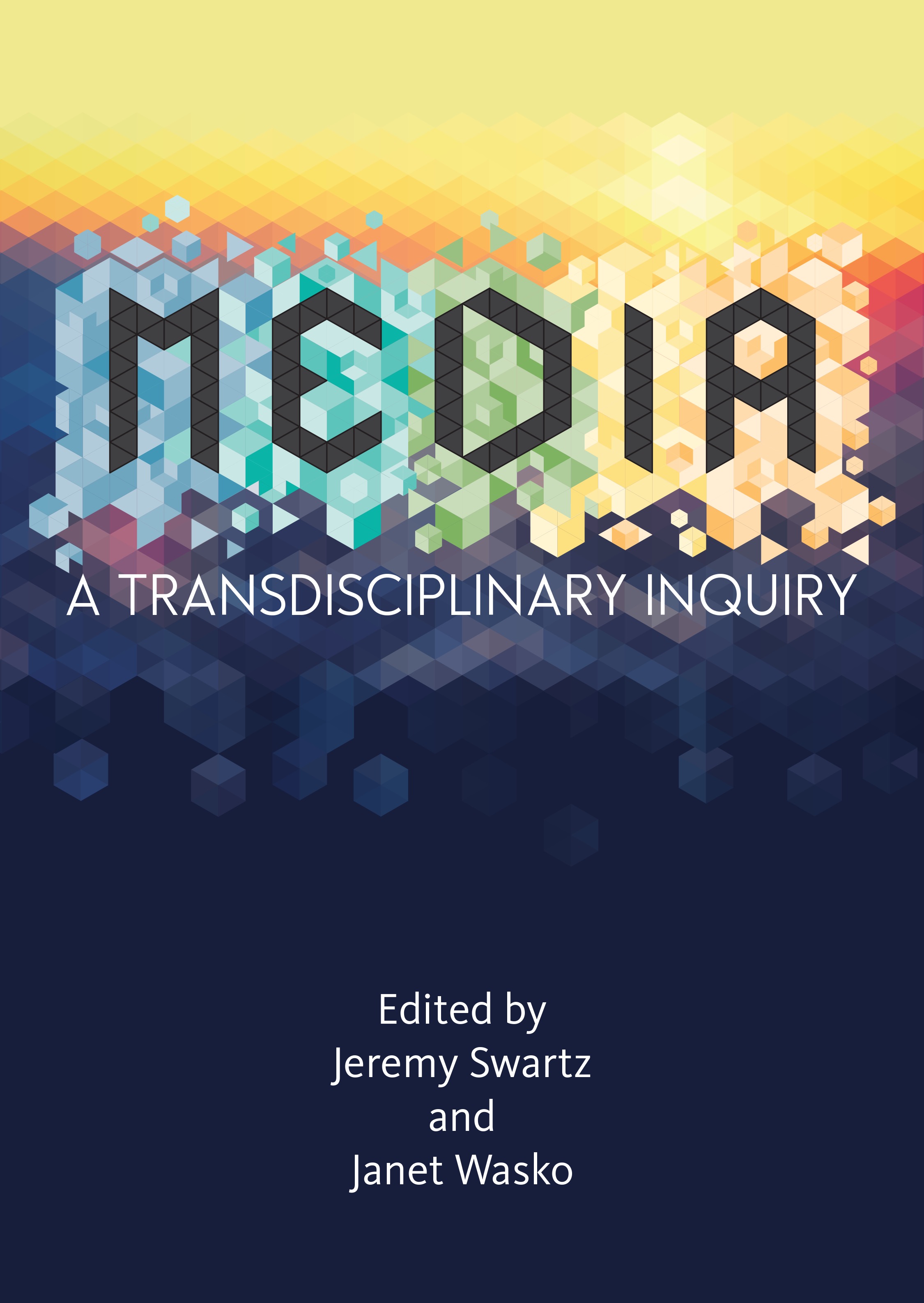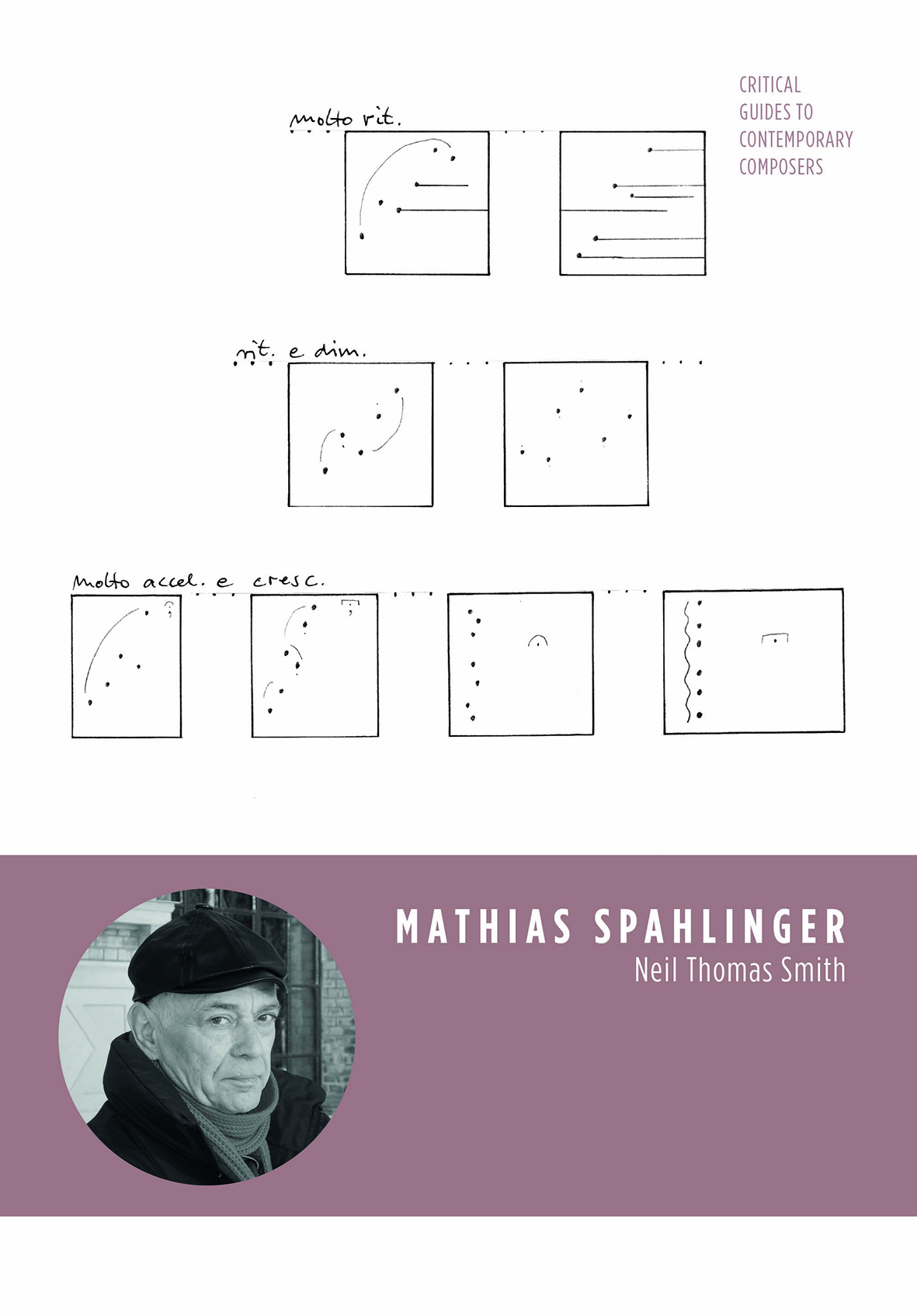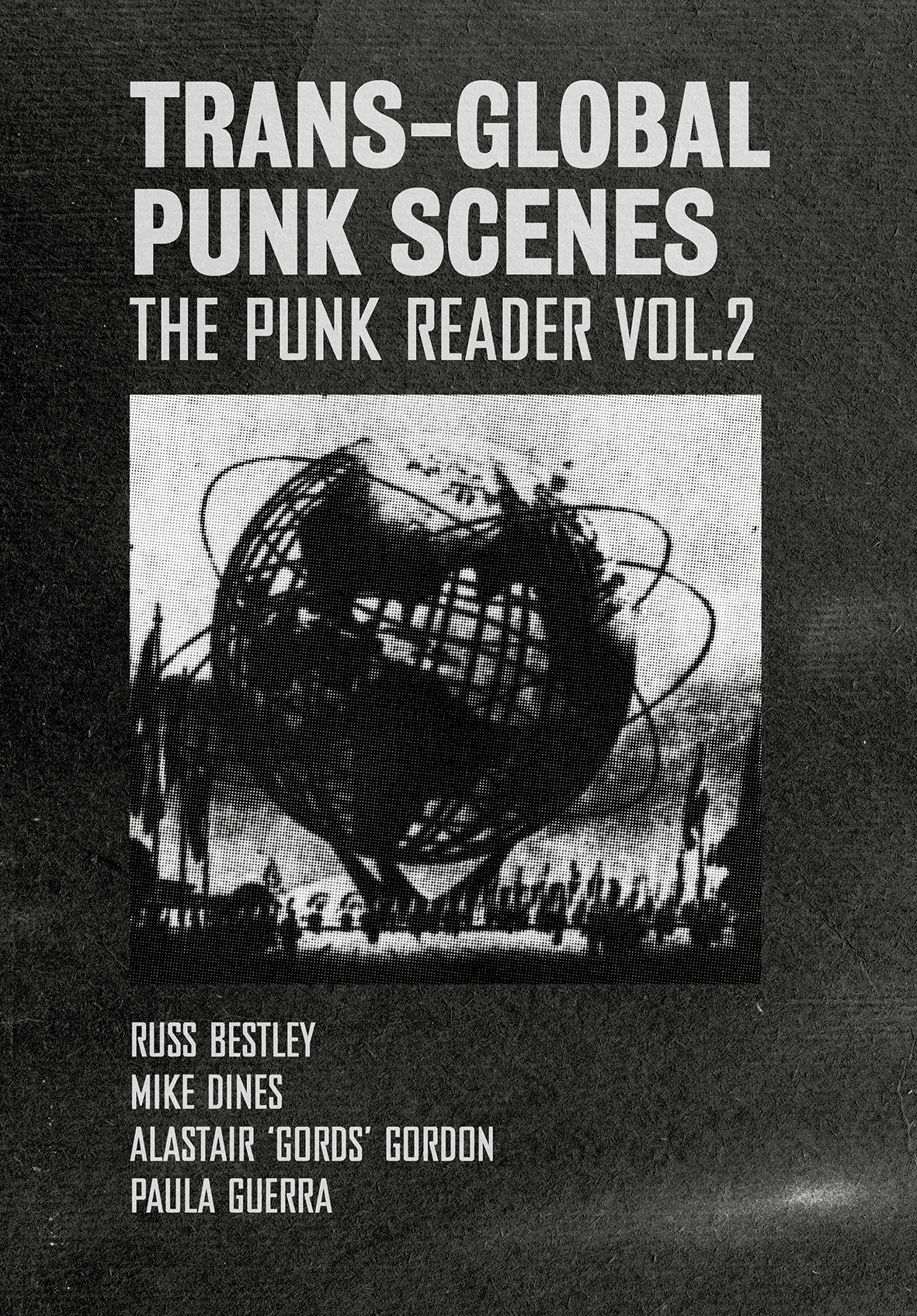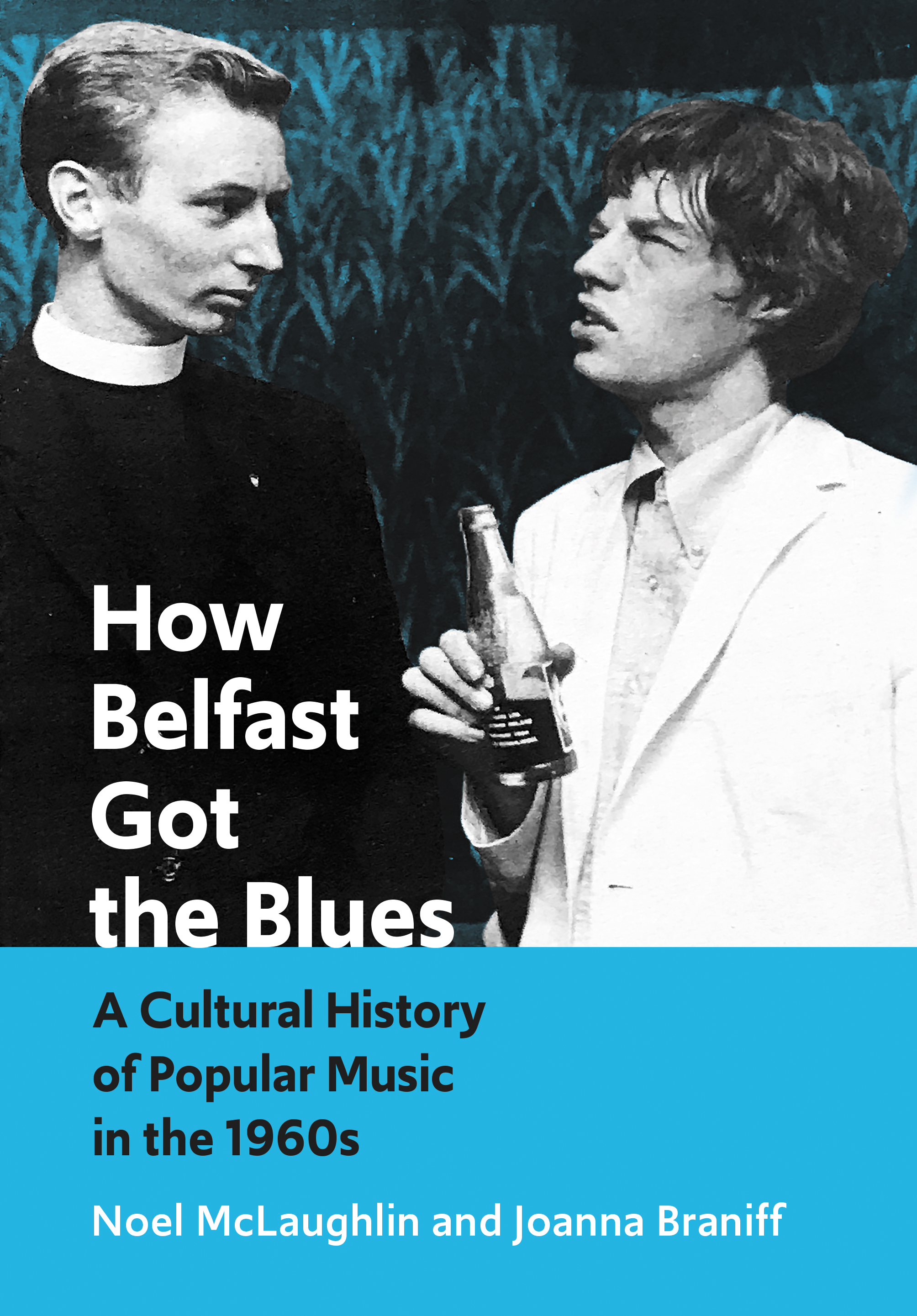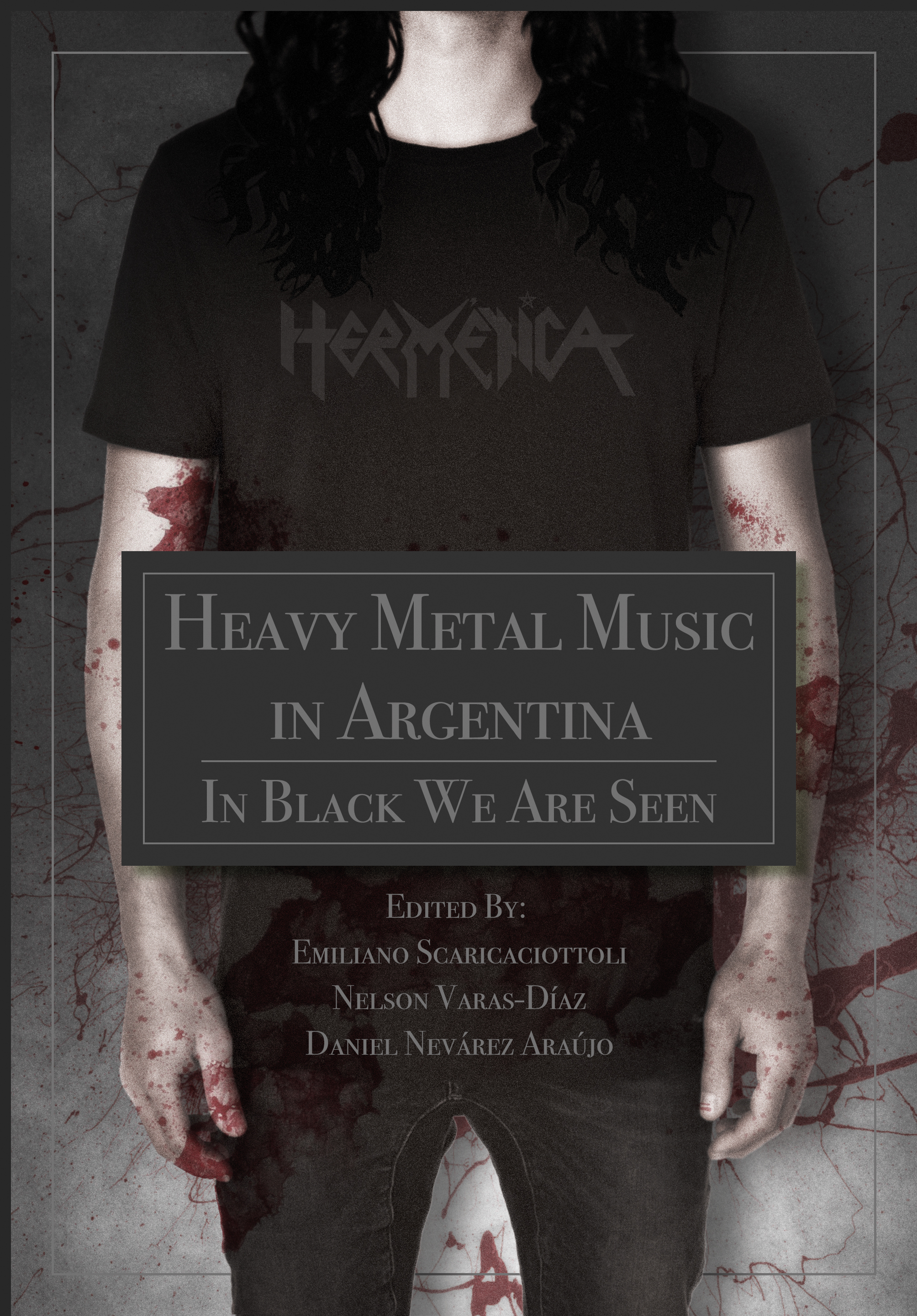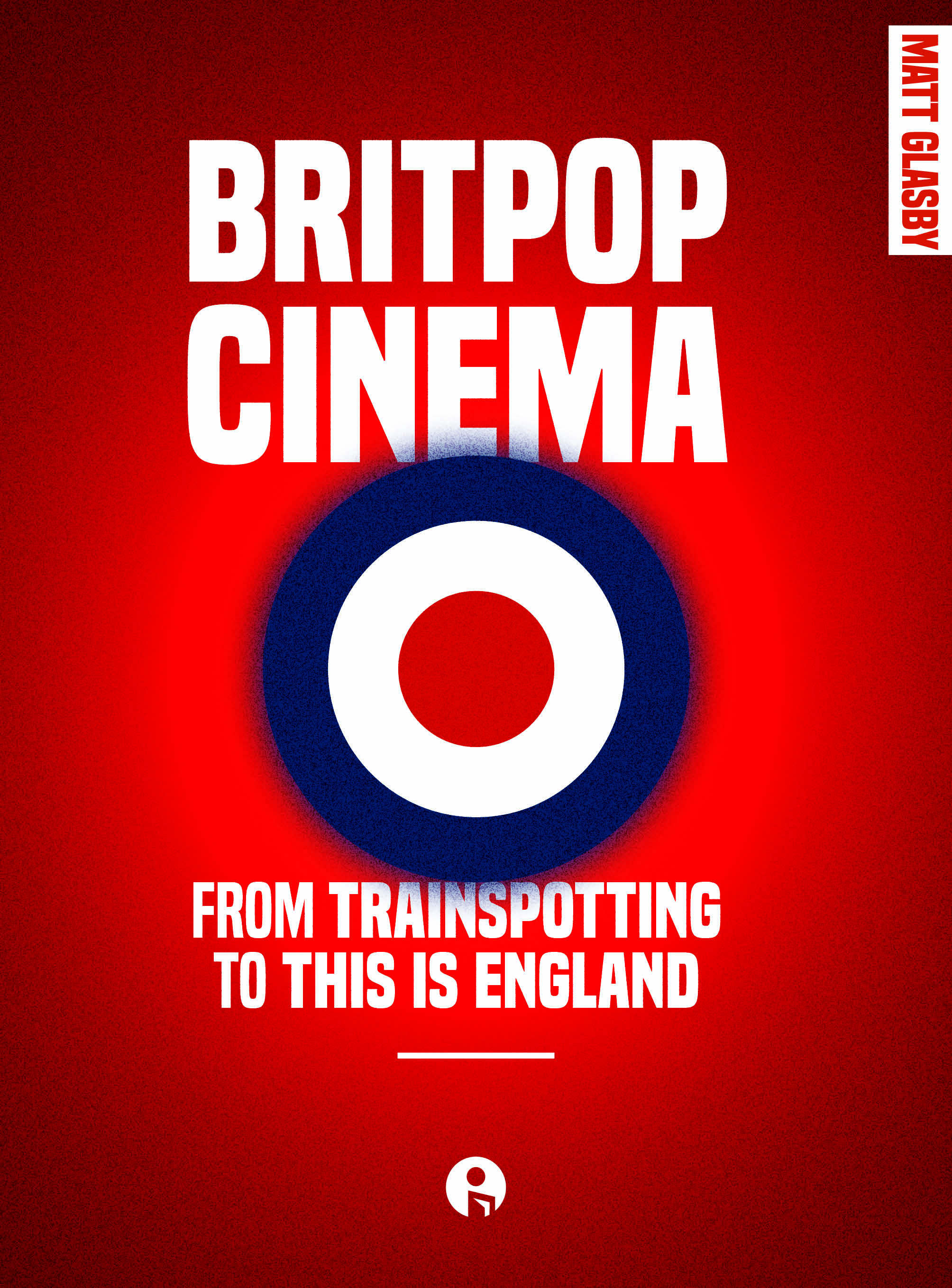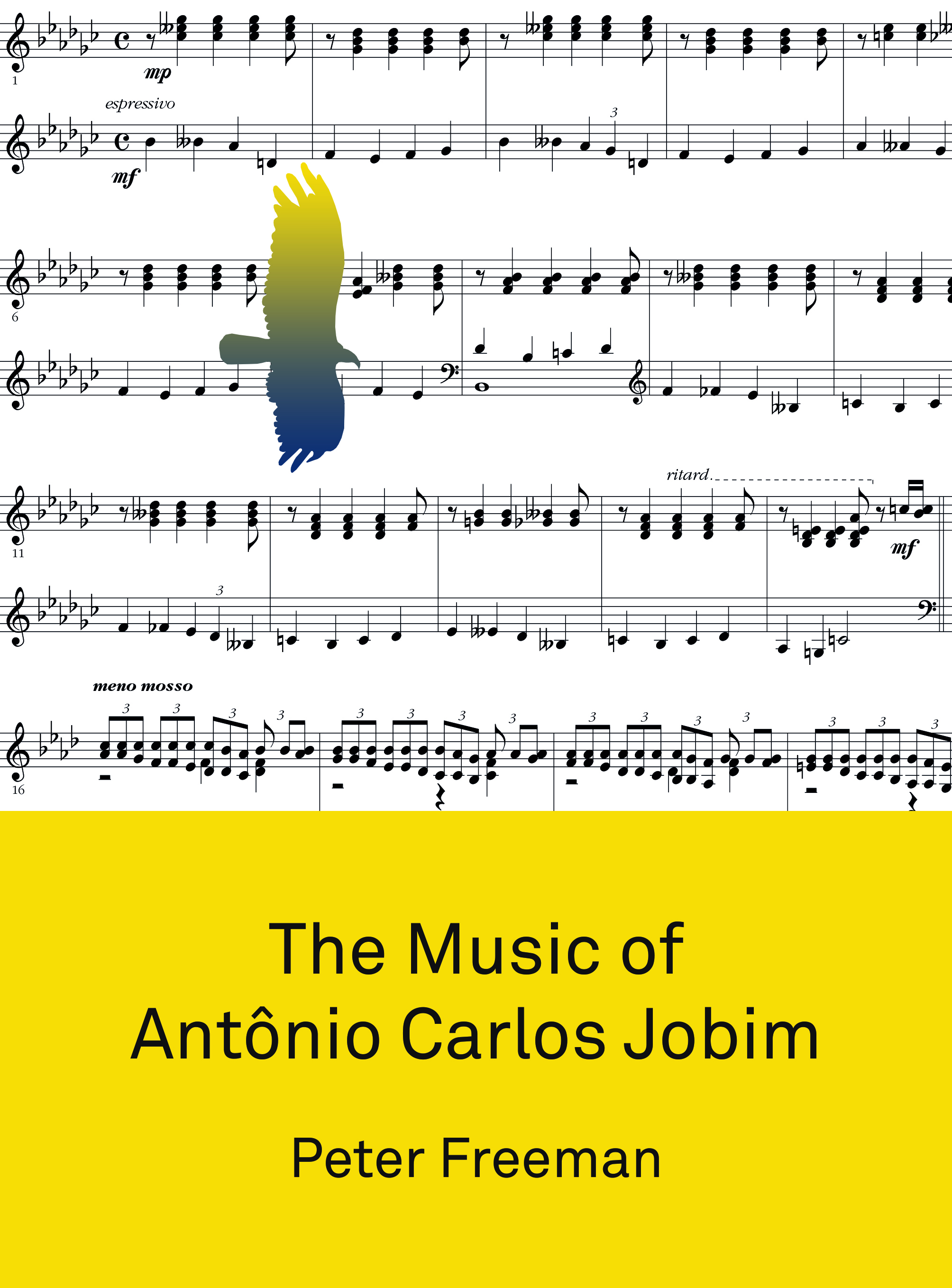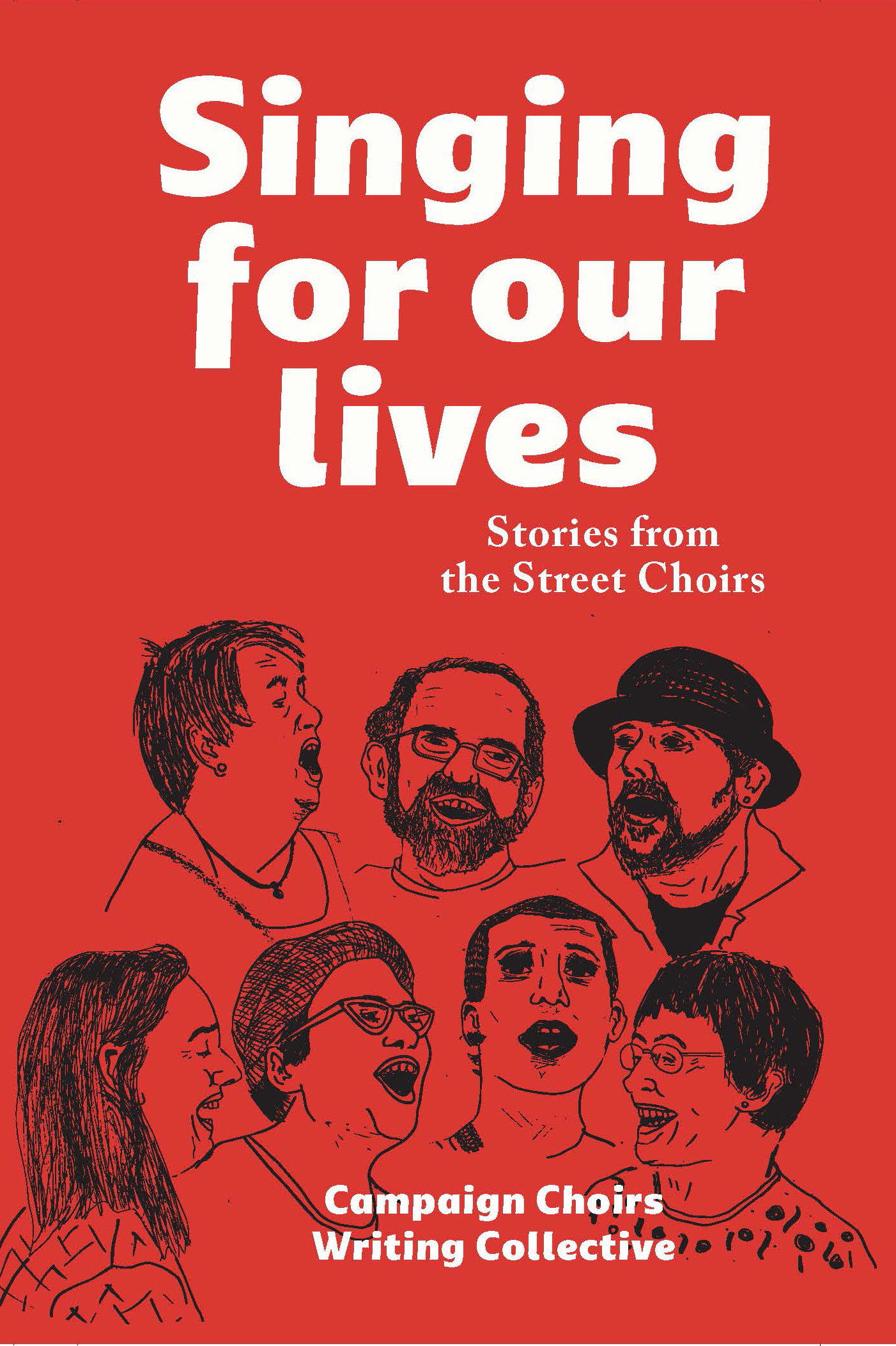- Home
- Collections
- Music
Music
Enquire about this collection
Collection Contents
1 - 20 of 35 results
-
-
Living Metal
More LessThis is the first study of its kind, focusing exclusively on scenes throughout the world; it makes an important contribution to metal studies.
Metal Scenes around the World is a collection of thirteen chapters that examine metal scenes from smaller communities like Dayton, Ohio in the USA, to entire countries, such as Estonia. The goal of the book is to expand the research on metal scenes.
This is the only book produced on metal scenes to date, and it will lead the way to more research in this new area of metal studies. The strongest element of the book is its international focus, with chapters from such diverse settings as post-apartheid South Africa, Graz, Nantes, Brazil and Turkey. The chapters are detailed, richly embedded in local histories and contexts, and provide important analyses of their respective scenes.
Foreword from Henkka Seppälä, former bassist with the Finnish metal band Children Of Bodom.
Primary readership will be composed of fans and scholars of metal music, and those in the fields of anthropology, musicology and history. The diversity of the chapters connects metal to other disciplines in the music field and the book is likely to have appeal more widely to anyone who likes music.
-
-
-
Sight Readings
More LessJazz photography has attracted increasing attention in recent years. Photographs of musicians are popular with enthusiasts, while historians and critics are keen to incorporate photographs as illustrations. Yet there has been little interrogation of these photographs and it is noticeable that what has become known as the jazz photography 'tradition' is dominated by a small number of well-known photographers and 'iconic' images.
Many photographers, including African American photojournalists, studio photographers, early twentieth-century émigrés, the Jewish exiles of the 1930s and vernacular snapshots are frequently overlooked. Drawing on ideas from contemporary photographic theory supported by extensive original archival research, Sight Readings is a thorough exploration of twentieth century jazz photography, and it includes discussions of jazz as a visual subject, its attraction to different types of photographers and offers analysis of why and how they approached the subject in the way they did.
One of the remarkable things about this book is its movement back and forth between detailed archive research, the empirical documentation of photographers, their techniques, working practices, equipment etc., and cultural theory, the sophisticated discussion of aesthetics, cultural sociology, the politics of identity, etc. The result is both a fine scholarly achievement and an engaging labour of love.
-
-
-
Punk Identities, Punk Utopias
More LessPunk Identities, Punk Utopias: Global Punk and Media seeks to unpack and illuminate punk as a trajectory of ‘timelesness…as a set of diverse but confluent values and appropriations’ that have both reflected and informed an increasingly complex, indefinable social, political and economic setting. Whereas the first two volumes in the series were broadly focused on local punk ‘scenes’ in a disparate range of countries and regions around the world, Punk Identities, Punk Utopias extends that critical enquiry to reflect broader social, political and technological concerns impacting punk scenes around the world, from digital technology and new media to gender, ethnicity, identity and representation. This new volume therefore draws upon the interdisciplinary areas of cultural studies, musicology and social sciences to present an edited text on the notion of identities, ideologies and cultural discourse surrounding contemporary global punk scenes. It is hoped that the books in the Global Punk series will add to the academic discussion of contemporary popular culture, particularly in relation to punk and the critical understanding of transnational and cross-cultural dialogue.
Punk is a global phenomenon and the Global Punk series aims to reflect contemporary scenes around the world since the millennium. Punk and its subsequent variants, from hardcore to post-punk, have always crossed borders and become assimilated within countercultural practices with local, national and regional variations.
Produced in collaboration between the Punk Scholars Network and Intellect Books, the Global Punk book series focuses on the development of contemporary global punk (c. 2000 onwards), reflecting upon its origins, aesthetics, identity, legacy, membership and circulation. Critical approaches draw upon the interdisciplinary areas of (among others) cultural studies, art and design, sociology, musicology and social sciences in order to develop a broad and inclusive picture of punk and punk-inspired subcultural developments around the globe. The series adopts an essentially analytical perspective, raising questions about the dissemination of punk scenes and subcultures and their form, structure and contemporary cultural significance in the daily lives of an increasing number of people around the world.
This book has a genuine crossover appealed. It will be a key resource for established academics, postdoctoral researchers and Ph.D. students, as well as being suitable for adoption as an undergraduate student textbook. Suitable courses will include those in the fields of popular music, youth culture, sociology, urban/cultural geography, political history, heritage studies, media and cultural studies.
-
-
-
Decolonial Metal Music in Latin America
More LessThe long-lasting effects of colonialism are still present throughout Latin America. Racism, political persecution, ethnic extermination and extreme capitalism are some salient examples. This new book explores how heavy metal music in the region has been used to critically challenge the historical legacy of colonialism and its present-day manifestations.
Through extensive ethnographic research in Puerto Rico, Cuba, Dominican Republic, Mexico, Guatemala, Colombia, Peru, Chile and Argentina, Varas-Díaz documents how metal music listeners and musicians engage in ‘extreme decolonial dialogues’ as a strategy to challenge past and ongoing forms of oppression. This allows readers to see metal music in a different light and as a call for justice in Latin America.
Heavy metal related scholarship has made strides in the past decade. Many books have aimed to explain its origins, uses and the social meanings ascribed to the music in a variety of contexts. For the most part, these have neglected to address the region of Latin America as an area of study.
It represents a historical and sociological journey in Latin American heavy metal music through rich ethnographic engagements with performers, fans and scholars of music. Its central premise is the dialogic relationship amongst deep histories of coloniality, systematic oppression, entrenched inequalities and the expressive forms generated by ‘decolonial metal music’. The book also provides an exemplary and potentially iconic model of ethnomusicology and the anthropology of music.
Most previous work on metal music in Latin America has relied on theoretical frameworks developed in the Global North, and is therefore limited in understanding the region through its particular history and experiences. There is no scholarship of heavy metal scholarship in the Latin American region that achieves the depth or breadth of analysis represented by this book. It provides a roadmap and a model for this emerging mode of musical analysis, by demonstrating how decolonial metal scholarship can be achieved.
Academic readership for the book will come from multiple disciplines including cultural studies, musicology, ethnomusicology, sociology, anthropology, cultural geography, history and Latin American studies. It will be of interest to music studies programmes, as well as for methods courses on structurally informed social research. The book will also be of interest to those outside academic settings – accessibly written, with its concise reviews of historical and political-economic contexts, and its vivid storytelling, it will be of interest to consumers of the metal musical genre.
-
-
-
MEDIA
More LessThe first in the Media-Life-Universe trilogy, this volume explores a transdisciplinary notion of media and technology, exploring media as technology, with special attention to its material, historical and ecological ramifications. The authors reconceptualize media from environmental, ecological and systems approaches, drawing not only on media and communication studies, but also philosophy, sociology, political science, biology, art, computer science, information studies and other disciplines.
Featuring a group of internationally known scholars, this collection explores evolving definitions of media and how media technologies are transforming theory and practice. As the current media includes a wider and wider range of concepts, products, services and institutions, the definition of media continues to be in a state of flux. What are media today? How is media studies evolving? How have technologies transformed communication and media theory, and informed praxis? What are some of the futures of media?
The collection challenges traditional notions of media, as well as concepts such as freedom of expression, audience empowerment and participatory media, and explores emergent media including transmedia, virtual reality, online games, metatechnology, remediation and makerspaces.
This is the first volume in the MEDIA • LIFE • UNIVERSE Trilogy. LIFE: A Transdisciplinary Inquiry 9781789382655 follows and builds upon this 2021 collection.
-
-
-
Mathias Spahlinger
More LessThe first book-length study in English of composer Mathias Spahlinger, one of Germany’s leading practitioners of contemporary music. One of the most stimulating and provocative figures on the new music scene on Germany, he has long been a touchstone for leftist, ‘critical’ composition there, yet his work has received very little attention in Anglophone scholarship until now.
Born in 1944, Spahlinger has risen only gradually to prominence in his native Germany and for many years was considered an outsider within the contemporary music scene. Yet, his position as one of the most venerable exponents of post-WWII modernism in his homeland is now undeniable: his music is regularly performed, he has received commissions from many of the major orchestras and new music groups in Germany, and in 2014 he received the Großen Berliner Kunstpreis (Berlin Art Prize – Grand Prize) from the city’s Akademie der Künste (Academy of Arts).
Spahlinger is, however, becoming increasingly known as a significant figure within later twentieth-century music – in 2015, a festival in Chicago focused exclusively on his music, and he was a keynote speaker at a conference on Compositional Aesthetics and the Political at Goldsmiths, University of London.
This new book provides an essential reference for scholars of new music and twentieth-century modernism. There are no other book-length studies of Spahlinger in English, though there is a monograph and a book of essays in German, and books of interviews. This original work promises a more critical perspective upon the composer and his aesthetics and political ideas compared to previous publications. The illustrations include musical examples.
Its primary market will be a specialist musicological readership, including academics, researchers and composers, but the writing style such that it could be accessible also to undergraduates interested in the field. The discussion of aesthetic debates in post-war Germany, and the interesting reading of the work of Jacques Rancière, means that it could also have significant appeal across the disciplines of philosophy and critical theory.
-
-
-
Trans-Global Punk Scenes
More LessThis new collection is the second in the Global Punk series. Following the publication of the first volume the series editors invited proposals for a second volume, and selected contributions from a range of interdisciplinary areas, including cultural studies, musicology, ethnography, art and design, history and the social sciences.
This collection extends the theme into new territories, with a particular emphasis on contemporary global punk scenes, post-2000, reflecting upon the notion of origin, music(s), identity, careers, membership and circulation.
This area of subcultural studies is far less documented than more ‘historical’ work related to earlier punk scenes and subcultures of the late 1970s and early 1980s. This new volume covers countries and regions including New Zealand, Indonesia, Cuba, Ireland, South Africa, Siberia and the Philippines, alongside thematic discussions relating to trans-global scenes, the evolution of subcultural styles, punk demographics and the notion of punk identity across cultural and geographic boundaries.
The book series adopts an essentially analytical perspective, raising questions over the dissemination of punk scenes and their form, structure and contemporary cultural significance in the daily lives of an increasing number of people around the world.
This book has a genuine crossover market, being designed in such a way that it can be adopted as an undergraduate student textbook while at the same time having important currency as a key resource for established academics, postdoctoral researchers and PhD students.
In terms of the undergraduate market for the book, it is likely that it will be adopted by convenors of courses on popular music, youth culture and in discipline areas such as sociology, popular music studies, urban/cultural geography, political history, heritage studies, media and cultural studies.
-
-
-
The Legend of Zelda: Ocarina of Time
More LessBy Tim SummersSome 22 years after its creation, The Legend of Zelda: Ocarina of Time is still held in high critical regard as one of the finest examples of the video game medium. The same is true of the game’s music, whose superlative reception continues to be evident, whether in the context of the game or in orchestral concerts and recordings of the game’s music.
Given music’s well-established significance for the video game form, it is no coincidence that music is placed at the forefront of this most lauded and loved of games. In Ocarina of Time, music connects and unifies all aspects of the game, from the narrative conceit to the interactive mechanics, from the characters to the virtual worlds, and even into the activity of legions of fans and gamers, who play, replay and reconfigure the music in an enduring cultural site that has Ocarina of Time at its centre. As video game music studies begins to mature into a coherent field, it is now possible to take the theoretical apparatus and critical approaches that have been developed in antecedent scholarship and put these into practice in the context of an extended concrete game example.
The most extensive investigation into the music of a single game yet undertaken, this book serves three important primary purposes: first, it provides a historical-critical account of the music of an important video game text; second, it uses this investigation to explore wider issues in music and media studies (including interactivity, fan cultures, and music and technology); and third, it serves as a model for future in-depth studies of video game music.
-
-
-
How Belfast Got the Blues
More LessAuthors: Noel McLaughlin and Joanna BraniffThis is not just an important music book; it is an important history book. It captures the moment before Belfast and Northern Ireland became synonymous with the Troubles. It places one of the best-known figures in global popular music, Van Morrison, in his historical and sociocultural context. It also reinstates Ottilie Patterson into her rightful role as a central figure in Ireland’s music. It addresses a significant gap in Ireland’s popular music studies by appraising the contribution of a politically and musically significant female figure.
It makes a major original contribution to the understanding of popular music culture in Northern Ireland, and to the broader popular music culture in Britain in the 1960s. It will remain for many years the definitive study of the subject and a point of reference for further research and controversy.
In light of the re-emergence of Northern Ireland in contemporary British political debate, this book presents a nicely timed intervention, placing Northern Ireland at the forefront of a key moment in British and Irish cultural history, and presenting highly innovative readings of key popular cultural figures. Integrating its account of the popular music culture and local ‘scene’ in Northern Ireland with the broader and highly complex context of the sociopolitical milieu, it offers original and insightful readings of key 1960s figures, including film director Peter Whitehead, The Rolling Stones, Them, Ottilie Patterson and Van Morrison. It includes much new material, obtained in interviews and through meticulous archival research, to challenge the mainstream narrative of the mid-1960s music scene in Belfast.
It is extremely well researched, making use of newspaper and film archives and existing publications, but also an impressive set of personal interviews with veteran musicians and others from that time. The authors challenge much of the received wisdom about the period – for instance, about the decline of the showband – and present their arguments carefully and thoughtfully. While meticulously researched and thoroughly analytic, the writing is uniquely accessible and engaging.
The chapter on the neglected Belfast blue singer Ottilie Patterson represents a paradigm shift in Irish popular music studies, and sets her story and considerable achievements centre stage. This alone makes the book very noteworthy. The chapters on Van Morrison and his band Them place his early career in the context of the local and global music industry. The story of The Rolling Stones film, made by Peter Whitehead, is discussed in the context of the international fervour of the times. The knitting of the music scene with the distinctive social, cultural, political and religious factors is deftly done.
Primary readership will be academic – scholars, researchers and students across a range of areas. Fields of interest include popular music studies, Irish studies, political history, cultural studies, film studies, jazz/blues history, women’s studies, civil rights.
It will also appeal more broadly to fans, writers, journalists and musicians interested in Belfast, Northern Ireland, the Blues, rock and roll, jazz and the 1960s, as well as to fans of the individual musicians.
-
-
-
Heavy Metal Music in Argentina
More LessAn in-depth regional discussion of heavy metal music, Heavy Metal Music in Argentina explores metal music as a catalyst for social change and site for engaging political reflection. Originally published in Spanish and sold locally in Argentina, this is the first time the work has been available in English.
Edited by leading researchers, this collection addresses the music’s rituals, circulations, cultural products, lyrics and allows readers to rethink the place of heavy metal within Argentinean politics and economics. Exclusively written by members of the Group for Interdisciplinary Research on Argentinian Heavy Metal (GIIHMA) in a communal approach to scholarship, the book echoes the working-class voices that marked early post-dictatorship metal music in Argentina.
This is the first collection of essays on Argentine metal music. It has opened up research channels between different universities in the country while also engaging a non-academic audience, and widening the potential market for the book.
The book makes an interdisciplinary examination of a complex and fascinating object: it allows for the examination, discussion and analysis of its nationalist postulates, relationship with the Creole culture (for example, with nineteenth-century ‘gauchesca’ literature), indigenism, and with the political processes of contemporary Argentina.
Metal Music Studies, as an academic area of inquiry, has focused mostly on the music’s cultural components in Europe and the United States. The few books that have addressed metal music as a global phenomenon, have severely neglected the inclusion of Latin American countries. Argentina, with the largest and oldest metal scene in the region, has also been neglected in the existing literature. There is a growing interest in this area, as demonstrated by the emergence of documentary film on metal music in Latin America.
The book has potential use as a resource on courses in several disciplines including sociology, cultural studies, musicology, ethnomusicology, sociology and Latin American studies. It will also be of interest to the more general readers with an interest in the musical genre.
-
-
-
Punk Now!!
More LessPunk Now!! brings together papers from the second incarnation of the Punk Scholars Network International Conference and Postgraduate Symposium, with contributions from revered academics and new voices alike in the field of punk studies. The collection ruminates on contemporary and non-Anglophone punk, as well as its most anti-establishment tendencies. It exposes not only modern punk, but also punk at the margins: areas that have previously been poorly served in studies on the cultural phenomenon. By compiling these chapters, Matt Grimes and Mike Dines offer a critical contribution to a field that has been saturated with nostalgic and retrospective research. The range and depth of these chapters encapsulates the diverse nature of the punk subculture – and the adjacent academic study of punk – today.
-
-
-
MASKS
More LessThis interdisciplinary anthology explores the complex relationships in an artist’s life between fact and fiction, presentation and existence, and critique and creation, and examines the work that ultimately results from these tensions.
Using a combination of critical and personal essays and interviews, MASKS presents Bowie as the key exemplifier of the concept of the 'mask', then further applies the same framework to other liminal artists and thinkers who challenged the established boundaries of the art/pop academic worlds, such as Friedrich Nietzsche, Oscar Wilde, Søren Kierkegaard, Yukio Mishima and Hunter S. Thompson. Featuring contributions from John Gray and Slavoj Žižek and interviews with Gary Lachman and Davide De Angelis, this book will appeal to scholars and students of cultural criticism, aesthetics and the philosophy of art; practising artists; and fans of Bowie and other artists whose work enacts experiments in identity.
-
-
-
The Idea of the Avant Garde
More LessThe concept of the avant garde is highly contested, whether one consigns it to history or claims it for present-day or future uses. The first volume of The Idea of the Avant Garde – And What It Means Today provided a lively forum on the kinds of radical art theory and partisan practices that are possible in today’s world of global art markets and creative industry entrepreneurialism. This second volume presents the work of another 50 artists and writers, exploring the diverse ways that avant-gardism develops reflexive and experimental combinations of aesthetic and political praxis. The manifest strategies, temporalities, and genealogies of avant-garde art and politics are expressed through an international, intergenerational, and interdisciplinary convocation of ideas that covers the fields of film, video, architecture, visual art, art activism, literature, poetry, theatre, performance, intermedia and music.
-
-
-
The Punk Reader
More LessForty years after its inception, punk has gone global. The founding scenes in the United Kingdom and United States now have counterparts all around the world. Most, if not all, cities on the planet now have some variation of punk existing in their respective undergrounds, and long-standing scenes can be found in China, Japan, India, Africa, Southeast Asia and the Middle East. Each scene, rather than adopting traditional interpretations of the punk filter, reflects national, regional and local identities.
The first offering in Intellect’s new Global Punk series, The Punk Reader: Research Transmissions from the Local and the Global is the first edited volume to explore and critically interrogate punk culture in relation to contemporary, radicalized globalization. Documenting disparate international punk scenes, including Mexico, China, Malaysia and Iran, The Punk Reader is a long-overdue addition to punk studies and a valuable resource for readers seeking to know more about the global influence of punk beyond the 1970s.
-
-
-
Britpop Cinema
More LessBy Matt GlasbyThe Britpop movement of the mid-1990s defined a generation, and the films were just as exciting as the music. Beginning with Shallow Grave, hitting its stride with Trainspotting, and going global with The Full Monty, Lock, Stock and Two Smoking Barrels, Human Traffic, Sexy Beast, Shaun of the Dead and This Is England, Britpop cinema pushed boundaries, paid Hollywood no heed and placed the United Kingdom all too briefly at the centre of the movie universe.
Featuring exclusive interviews with key players such as Simon Pegg, Irvine Welsh, Michael Winterbottom and Edgar Wright, Britpop Cinema combines eyewitness accounts, close analysis and social history to celebrate a golden age for UK film.
-
-
-
The Music of Antônio Carlos Jobim
More Less[Antônio Carlos Jobim has been called the greatest of all contemporary Brazilian songwriters. He wrote both popular and serious music and was a gifted piano, guitar and flute player. One of the key figures in the creation of the bossa nova style, Jobim’s music made a lasting impression worldwide, and many of his songs are now standards of the popular music repertoire.
, Antônio Carlos Jobim has been called the greatest of all contemporary Brazilian songwriters. He wrote both popular and serious music and was a gifted piano, guitar and flute player. One of the key figures in the creation of the bossa nova style, Jobim’s music made a lasting impression worldwide, and many of his songs are now standards of the popular music repertoire.
In The Music of Antônio Carlos Jobim, one of the first extensive musicological analyses of the Brazilian composer, Peter Freeman examines the music, philosophy and circumstances surrounding the creation of Jobim’s popular songs, instrumental compositions and symphonic works. Freeman attempts to elucidate not only the many musical influences that formed Jobim’s musical output, but also the stylistic peculiarities that were as much the product of a gifted composer as the rich musical environment and heritage that surrounded him.
In The Music of Antônio Carlos Jobim, one of the first extensive musicological analyses of the Brazilian composer, Peter Freeman examines the music, philosophy and circumstances surrounding the creation of Jobim’s popular songs, instrumental compositions and symphonic works. Freeman attempts to elucidate not only the many musical influences that formed Jobim’s musical output, but also the stylistic peculiarities that were as much the product of a gifted composer as the rich musical environment and heritage that surrounded him.]
-
-
-
Singing for Our Lives
More LessThe Campaign Choirs Network is a loose affiliation of like-minded choirs across the UK sharing a belief in a better world for all and dedicated to taking action by singing about it; the Campaign Choirs Writing Collective is a part of that network.
The book intends to inspire the reader to engage with this world: to find out more, to join a choir in their community, to enlist their local street choir to support campaigns for social change and, more generally, to mobilize artistic creativity in progressive social movements.
It is an introduction to street choirs and their history, exploring origins in and connections with other social movements, for example the Workers Education Association, the Clarion movement, Big Flame and the Social Forum movement. The book identifies the political nodes where choir histories intersect, notably Greenham Common, the Miners’ Strike, anti-apartheid and Palestinian struggles. The title of the book is taken from a song by the respected American musician and activist Holly Near, and is popular in the repertoire of many street choirs. Exploring the role of street choirs in political culture, Singing For Our Lives introduces this neglected world to a wider public, including activists and academics.
Signing for Our Lives also elaborates the personal stories and experiences of people who participate in street choirs, and the unique social practices created within them. The book tells the important, if often overlooked, story of how making music can contribute to non-violent, just and sustainable social transitions.
-
-
-
Connecting Metal to Culture
More Less[Though it’s given little attention – and even less serious attention – by the mainstream press, metal music has for decades been a major creative and cultural force around the world. This book brings together a group of contributors from Europe, North America and the Caribbean to make a case for metal’s place not merely on the periphery of our culture, but at its very heart. Contributors attend not merely to the music, but also the accompanying culture, and they offer intriguing insights into the rise of metal in places where it’s traditionally been little known, like the Middle East and North Africa. The result is a global portrait of metal that asserts its importance and its ongoing contribution to culture.
, Though it’s given little attention – and even less serious attention – by the mainstream press, metal music has for decades been a major creative and cultural force around the world. This book brings together a group of contributors from Europe, North America and the Caribbean to make a case for metal’s place not merely on the periphery of our culture, but at its very heart. Contributors attend not merely to the music, but also to the accompanying culture, and they offer intriguing insights into the rise of metal in places where it’s traditionally been little known, like the Middle East and North Africa. The result is a global portrait of metal that asserts its importance and its ongoing contribution to culture.
]
-
-
-
The Lived Experience of Improvisation
More LessBy Simon Rose[Improvisation is crucial to a wide range of artistic activities – most prominently, perhaps, in music, but extending to other fields of experience such as literature and pedagogy. Yet it gets short shrift in both appreciation and analysis of art within education. This is in no small part due to our tendency to view the world in fixed categories and structures that belie our ability to generate creative, groundbreaking responses within and between those structures. The Lived Experience of Improvisation draws on an analysis of interviews with highly regarded improvisers, including Roscoe Mitchell, Pauline Oliveros and George Lewis. Simon Rose also exploits his own experience as a musician and teacher, making a compelling case for bringing back improvisation from the margins. He argues that improvisation is a pervasive aspect of being human and that it should be at the heart of our teaching and understanding of the world., Improvisation is crucial to a wide range of artistic activities – most prominently, perhaps, in music, but extending to other fields of experience such as literature and pedagogy. Yet it gets short shrift in both appreciation and analysis of art within education. This is in no small part due to our tendency to view the world in fixed categories and structures that belie our ability to generate creative, groundbreaking responses within and between those structures.
The Lived Experience of Improvisation draws on an analysis of interviews with highly regarded improvisers, including Roscoe Mitchell, Pauline Oliveros and George Lewis. Simon Rose also exploits his own experience as a musician and teacher, making a compelling case for bringing back improvisation from the margins. He argues that improvisation is a pervasive aspect of being human and that it should be at the heart of our teaching and understanding of the world.
]
-
-
-
Englishness, Pop and Post-War Britain
More LessEnglish pop music was a dominant force on the global cultural scene in the decades after World War II – and it served a key role in defining, constructing and challenging various ideas about Englishness in the period. Kari Kallioniemi covers a stunning range of styles of pop – from punk, reggae and psychedelia to jazz, rock, Brit Pop and beyond – as he explores the question of how various artists (including such major figures as David Bowie and Morrissey), genres and pieces of music contributed to the developing understanding of who and what was English in the transformative post-war years.
Publication Forum (Finland) lists this book as a Level 2 publication, where ‘the highest-level publications are directed as a result of extensive competition and demanding peer-review’.For Intellect’s full listings in this catalogue, please click here.
-

